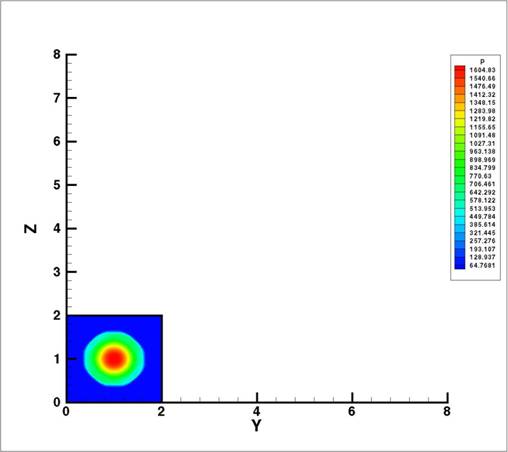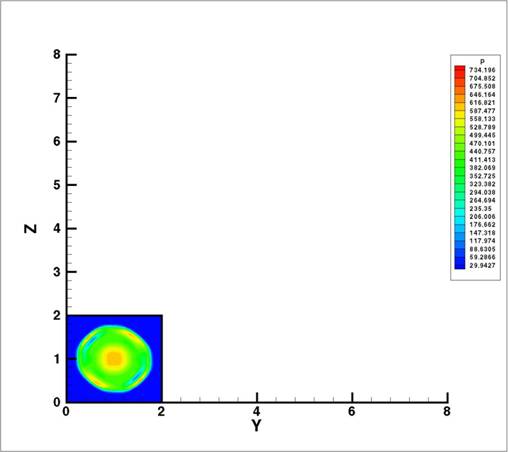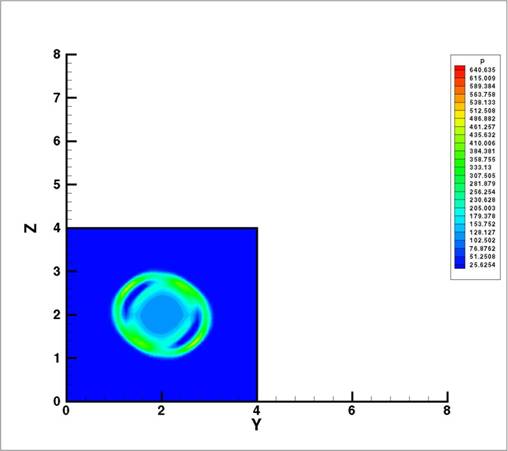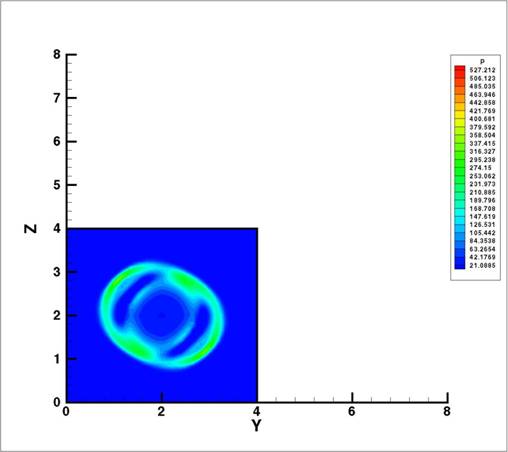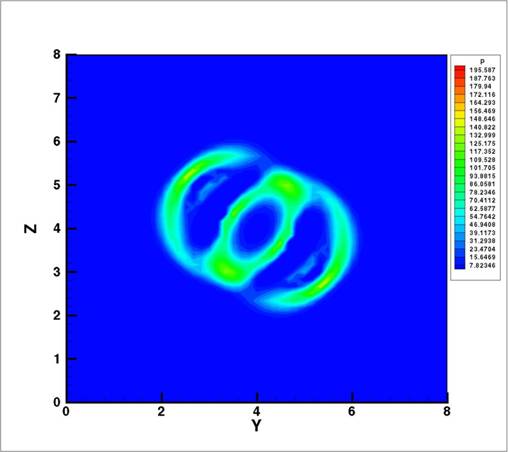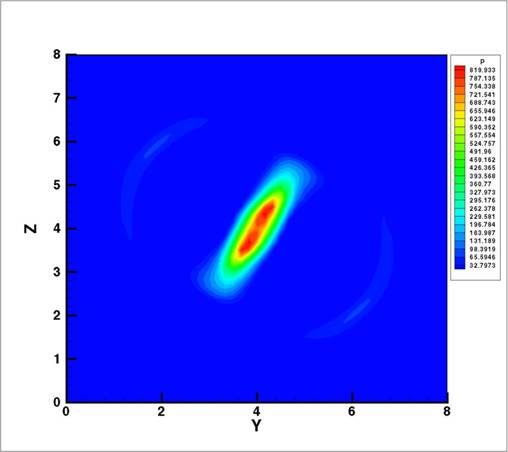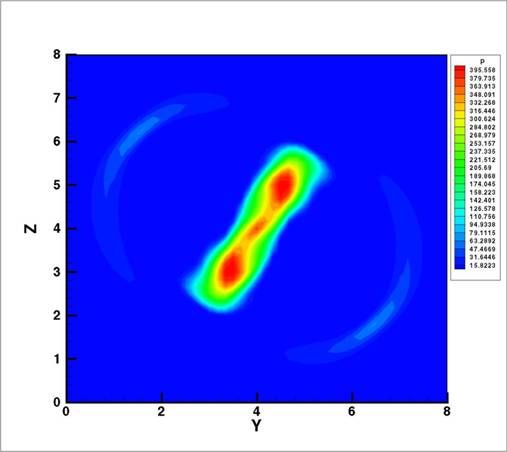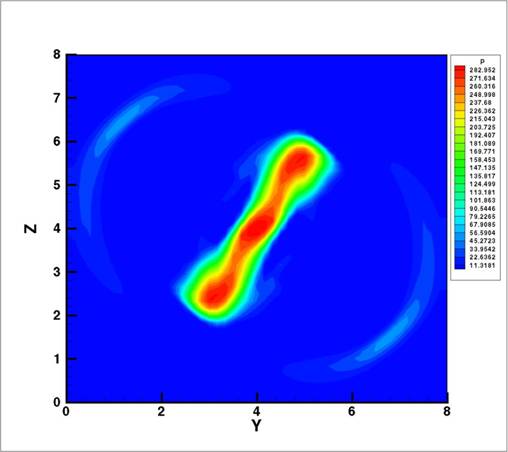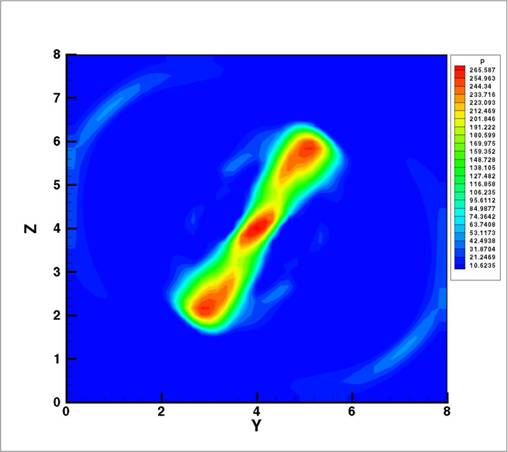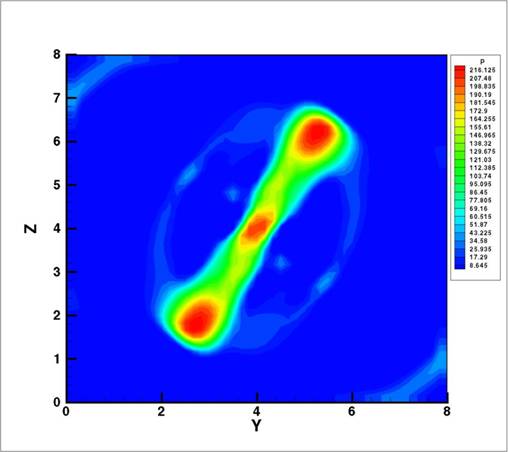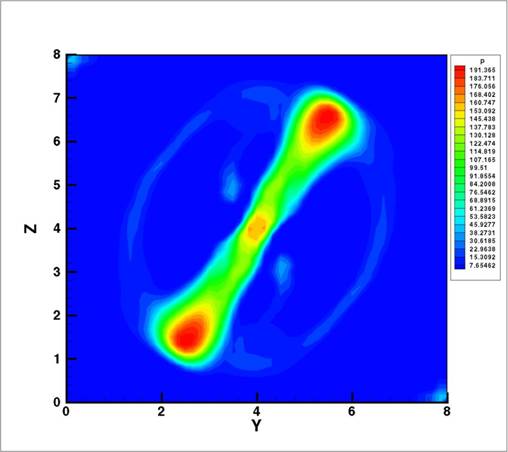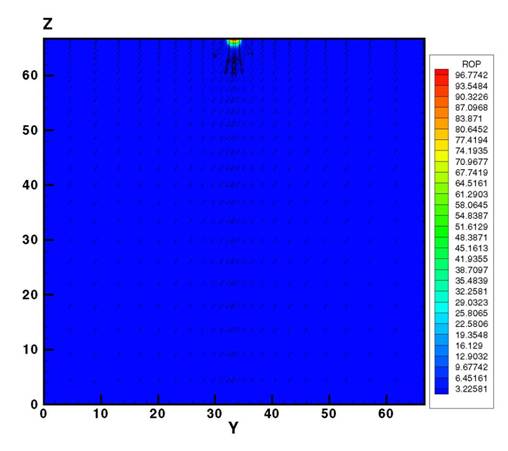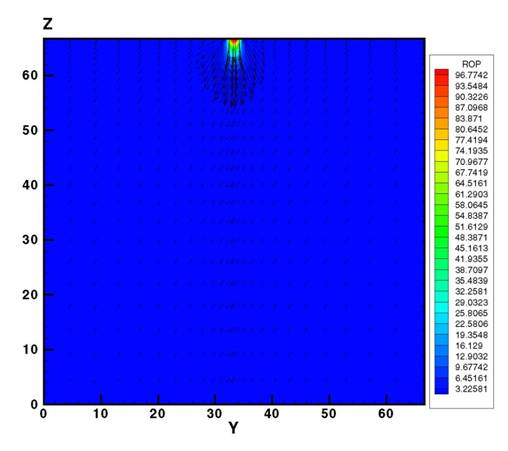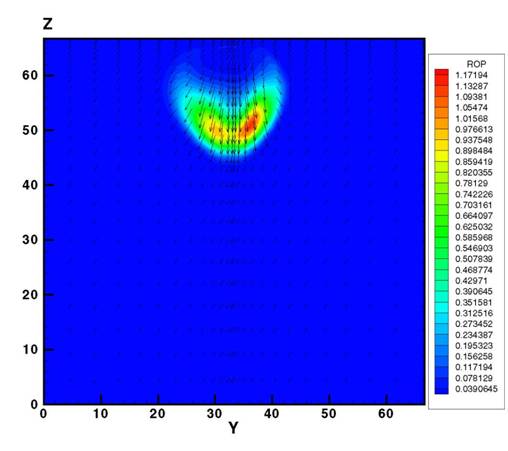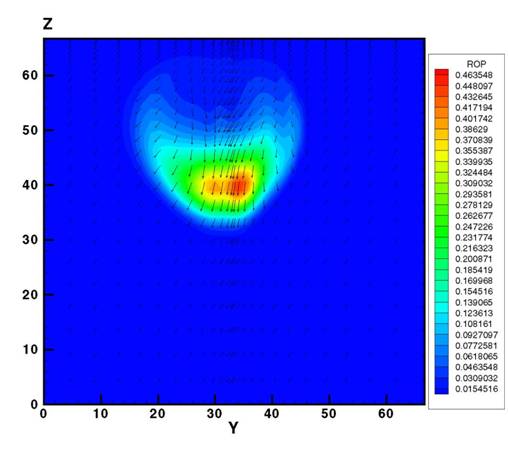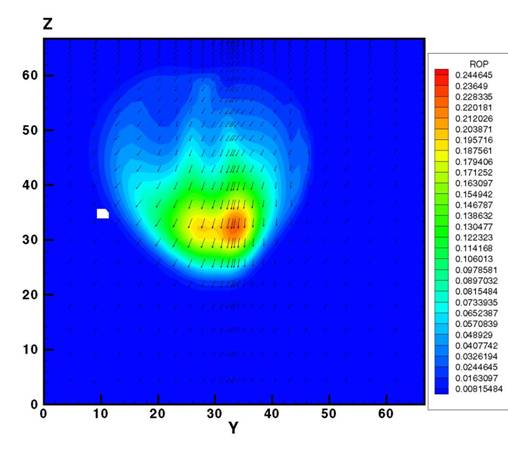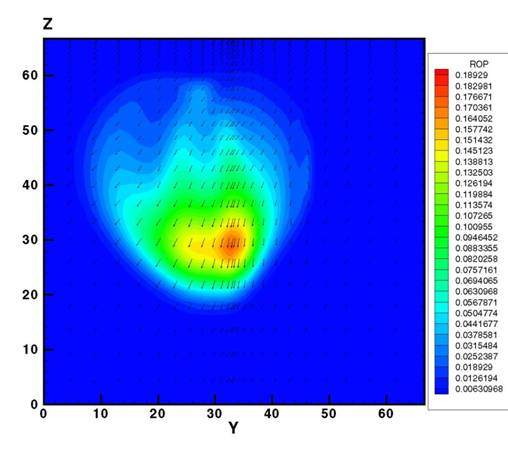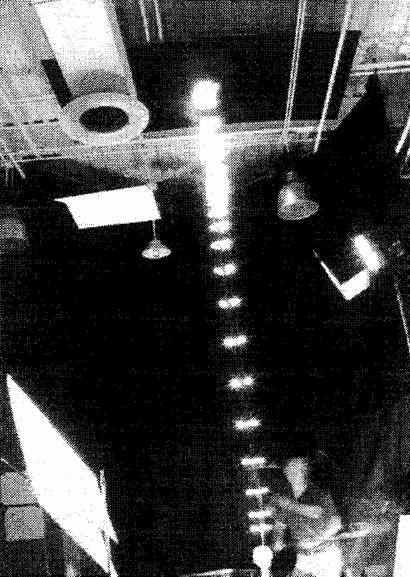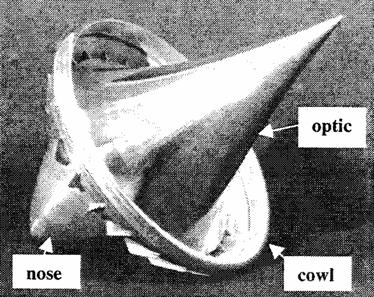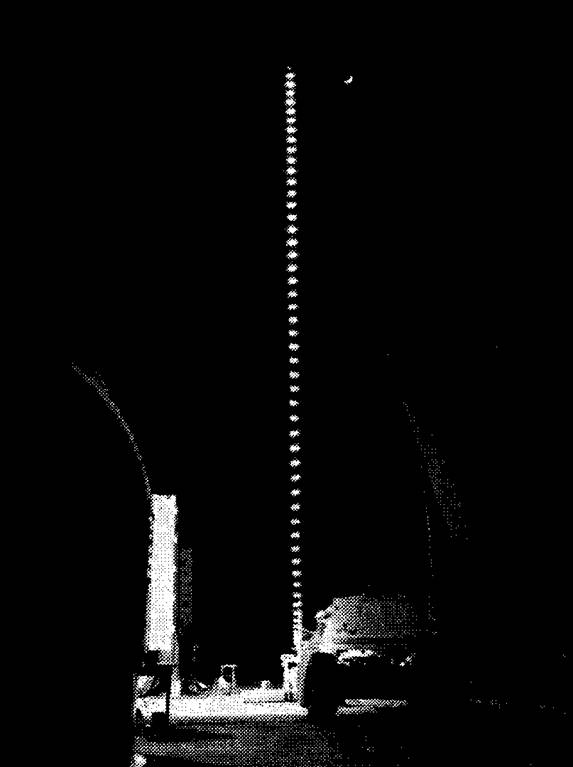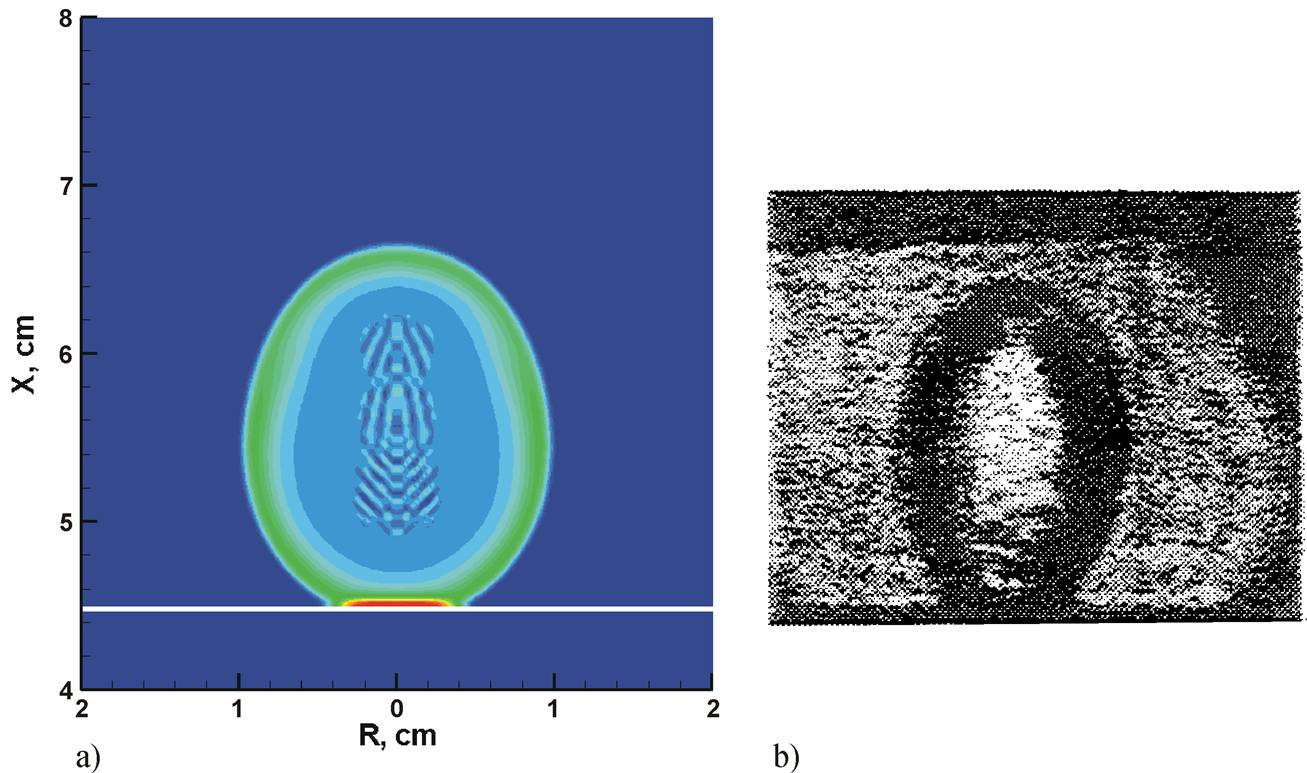The MHD of space plasma,
active space experiments and pulsed plasma accelerators
Main results
-
Computer codes have been developed that implement three-dimensional MHD models designed
to simulate various plasma phenomena, including those occurring in the regime of
radiation-gasdynamic interaction;
-
Active work is underway to develop computer code that implements a three-dimensional
hybrid (kinetic-continuum) model on structured computational grids;
-
Hybrid one-dimensional models were created at IPMeсh RAS in the 90x of the previous
century by Surzhikov Sergey Timofeevich and Raiser Yuri Petrovich;
-
In the framework of hybrid models, ions are modeled kinetically (in the framework of
the particle-in-cell method), and electrons are modeled in the framework of continuum
mechanics approaches;
-
It is necessary to carry out detailed verification and validation of the hybrid model,
including comparison with the results obtained using MHD models. Additional physical
processes must be accounted for within the hybrid model.
The expansion of the plasma cloud in the ionosphere
Creation of radiative-gasdynamic models of virtual objects of rocket and space technology
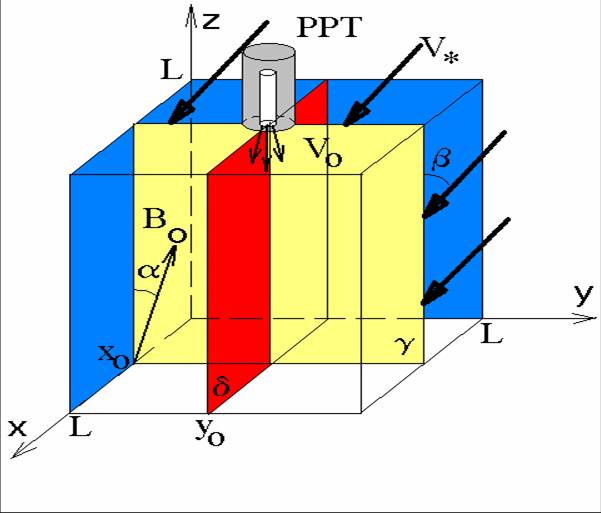
|
-
Development of RGD/MHD computational models for the calculation of the parameters of pulsed plasma thrusters
- Three-dimensional models
|
Initial conditions
-
ρ*=2.0*10-9 kg/m3;p*=4.49*10-4 Pa;
-
B0=5*10-9 Т; αB^Y=30o
-
Winf=-6.0 km/s; υVinf=30o
-
Wplume=-25 kg/s; ρplume=2.0*10-7 kg/m3
-
pplume=20 Pa; Rexit=0.03 m
-
tHPT=6 μs; tsimulation=70 μs
|
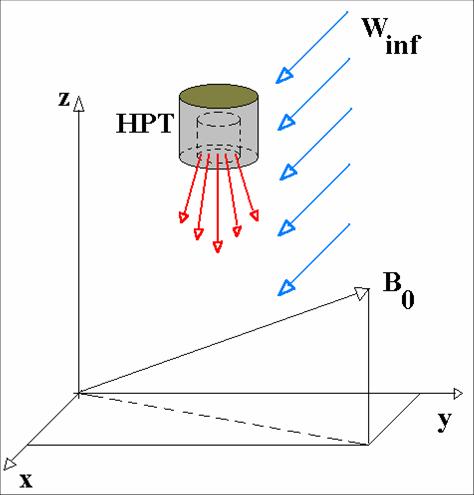 |
Results of simulation
Laser rocket engines of continuous and pulse-periodic action
Messitt, D.G., Myrabo, L.N., Mead, F.B.,
Laser Initiated Blast Wave for Launch Vehicle Propulsion, AIAA Paper 2000-3035, 2000
Comparison of numerical and experimental data
The configuration of the shock wave at 6 μs: a) - calculation (E0 = 10 J, hc = 9 mm, r0 = 1 mm),
b) - experiment (Mori K., Komurasaki K., Arakawa Y.
Laser Plasma Production and Expansion in a Supersonic Flow, AIAA Paper 2002-0634, 2002)
